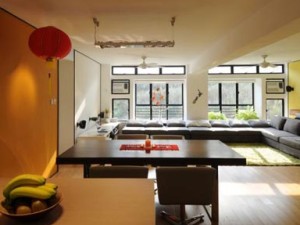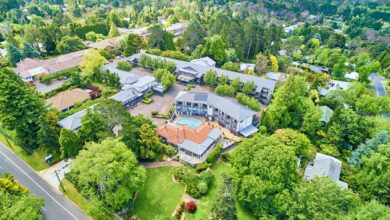
Japan Looks to Qld Strata Law
The Japanese government is turning to Queensland for guidance on legislative reforms to the multi-billion dollar strata property industry, including the country’s substantial high rise development program.
Queensland’s long strata history could significantly influence the way the Japanese administer, manage and develop condominiums, high rise projects and strata apartments. The peak body representing Queensland’s strata title sector has opened the door to work closely with Japanese authorities after joint talks in Brisbane last week with a high level Japanese delegation.
Japan is struggling to resolve issues related to strata scheme terminations and administration.
In particular, the delegation were interested in the mechanisms and processes available in Queensland for termination of strata schemes in circumstances where apartment blocks and other strata title property were nearing the end of their life. Strata Community Australia (QLD) hosted the delegation, which included a senior representative of the Japanese Ministry of Land, Infrastructure, Transport and Tourism, a professor of property law and two property lawyers, in Brisbane last week.
In Australia, we have had a lot of experience in terminating body corporate management schemes and they are running into these issues in Japan,” SCA (QLD) president, Simon Barnard, said. “In Japan at the moment, you can’t terminate. You have to rebuild like for like and ensure it does not impact adversely on the scheme’s environment. The Japanese delegation was also interested in lot entitlements and how the voting works for the scheme where potential termination issues arise.”
Like Australia, Japan is battling an ageing population and its condominium management scheme needs review to meet the challenges of that demographic. Of condominiums built in 1970 or earlier, 50% of residents comprise persons aged over 60 years. This issue is made more significant because only 7% of condominiums built in 1970 or earlier have elevators for elderly residents.
“In Japanese society it is common to see two or three generations under one roof, whereas, in Australia, retirement villages are a popular alternative for elderly people. Our holistic approach doesn’t match the Japanese culture at present so the aging buildings have to be retro-fitted for that purpose,” Mr Barnard said.
According to Mr Barnard, Queensland is facing similar difficulties when strata communities and apartment complexes begin to age beyond their use-by date, and where owners within the community cannot agree to sell. “The simple fact is many buildings in Queensland were built to last a minimum of 20 years and often they don’t last much longer than that.”
According to Mr Barnard, it is often in the best interests of all owners to sell a complex to a developer and have it re-built but this process can create a whole range of issues.
“The legislation currently requires a resolution without dissent to terminate a scheme, so even if 99 owners in a 100-unit, apartment block want to sell, all it takes is one person to refuse, and the sale won’t go through. Or, as sometimes happens, the majority of owners agree to sell to a developer at a certain price, but a small number of owners refuse and hold out for a higher selling price. This slows the whole process down and means that some owners are receiving a much higher price than others. So, the system is not promoting fairness,” Mr Barnard said.
The Japanese delegation will also hold talks with the New South Wales branch of Strata Community Australia.

AccomNews is not affiliated with any government agency, body or political party. We are an independently owned, family-operated magazine.







